#I miss the 20th century
Explore tagged Tumblr posts
Text
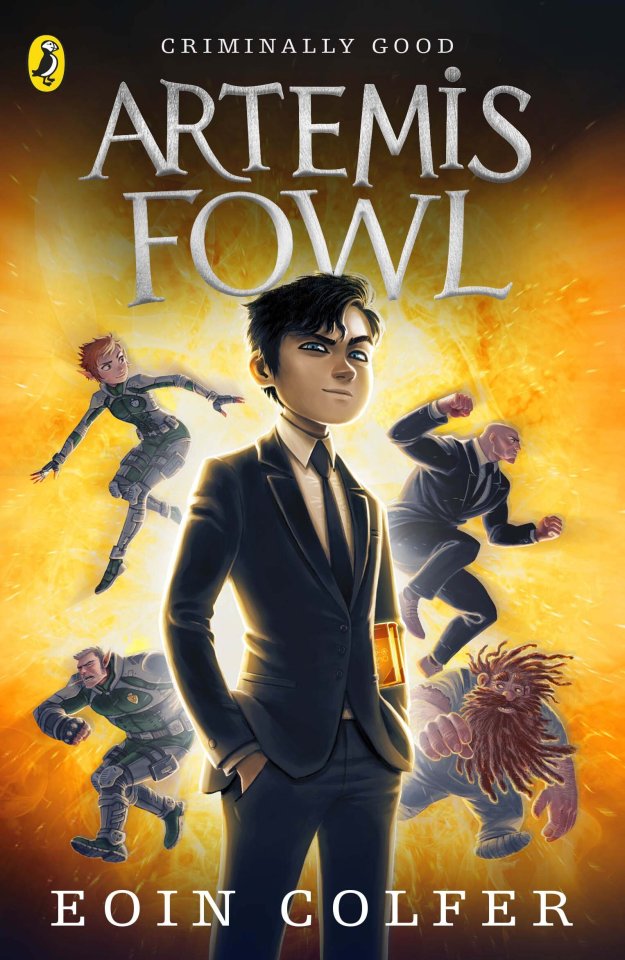
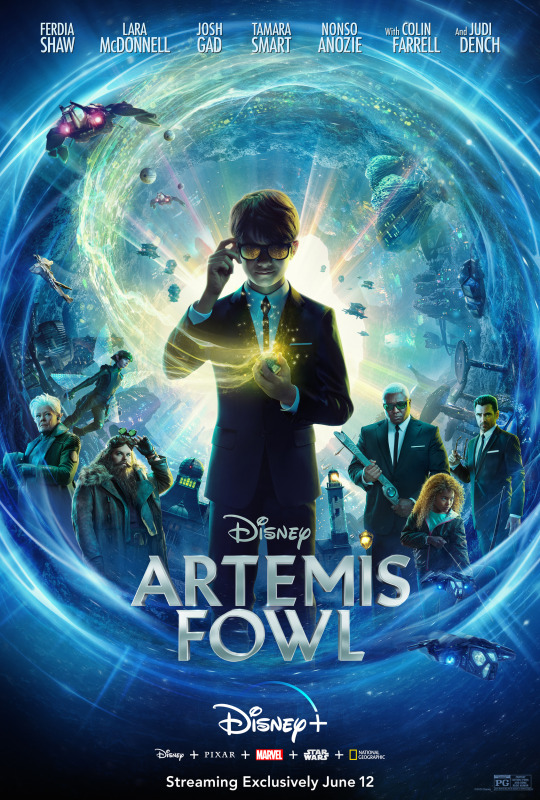
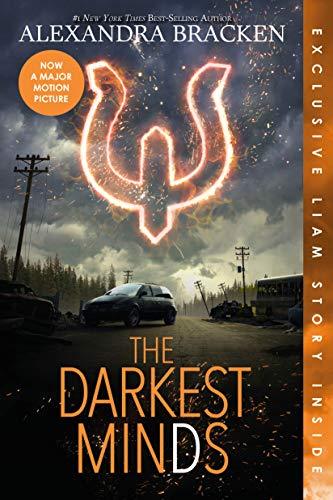
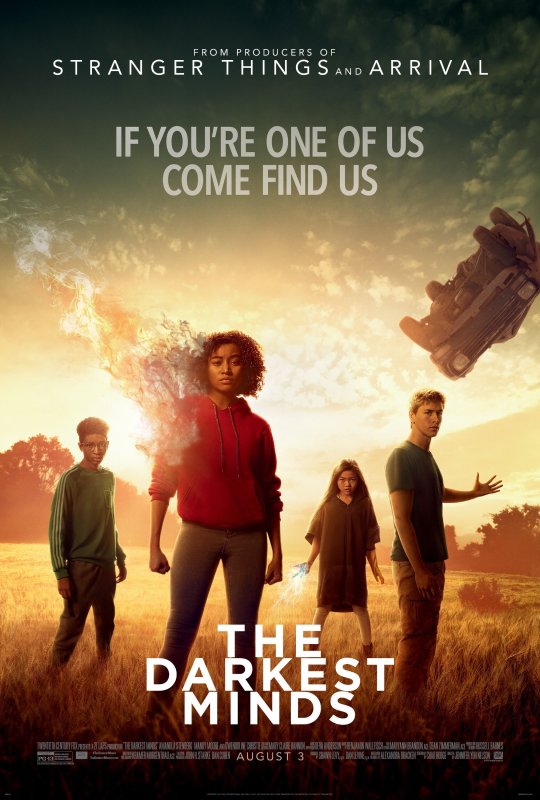

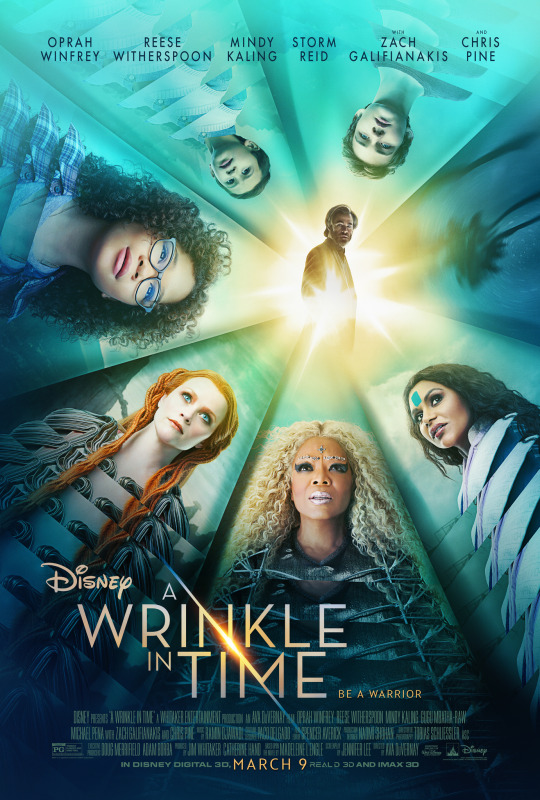

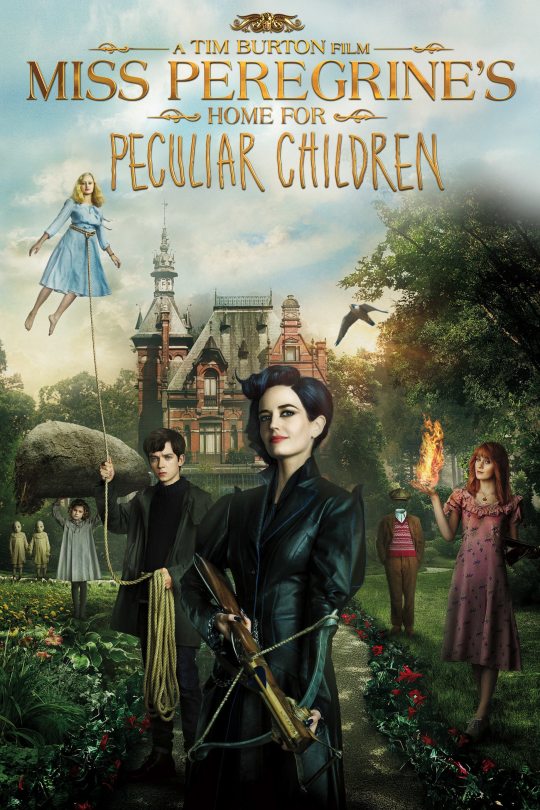
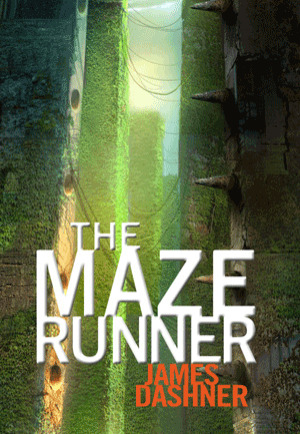
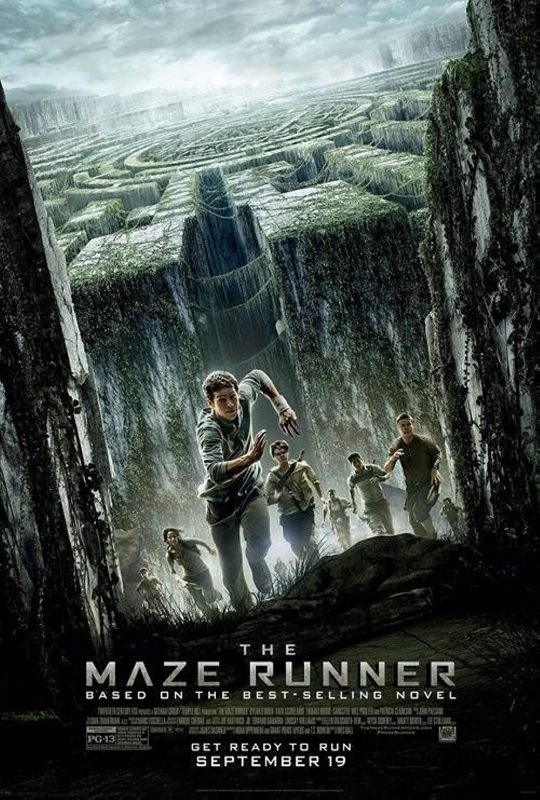
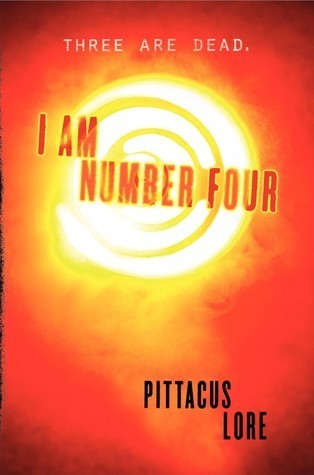
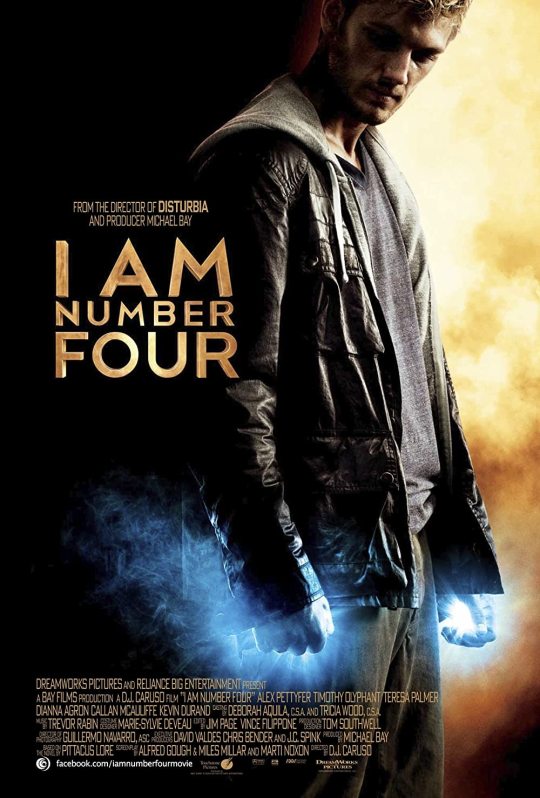
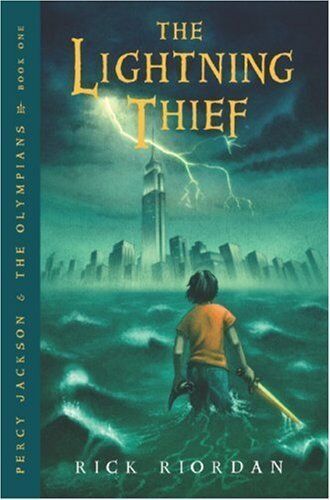

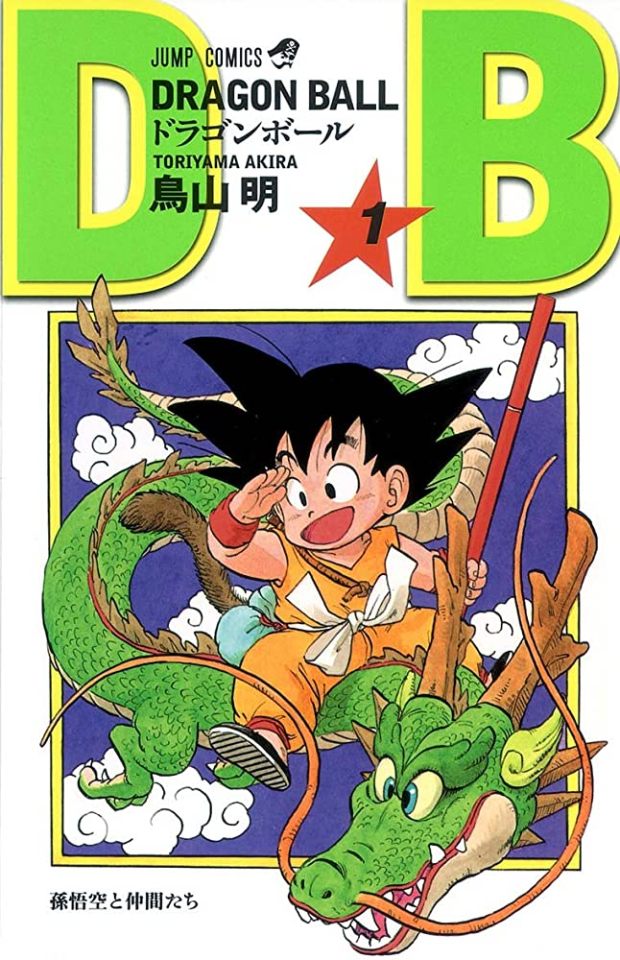

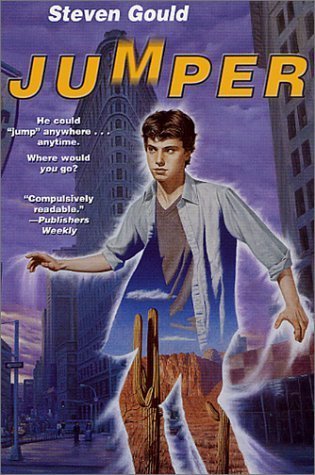

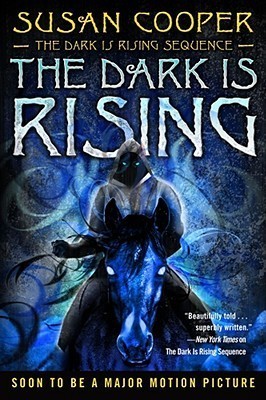

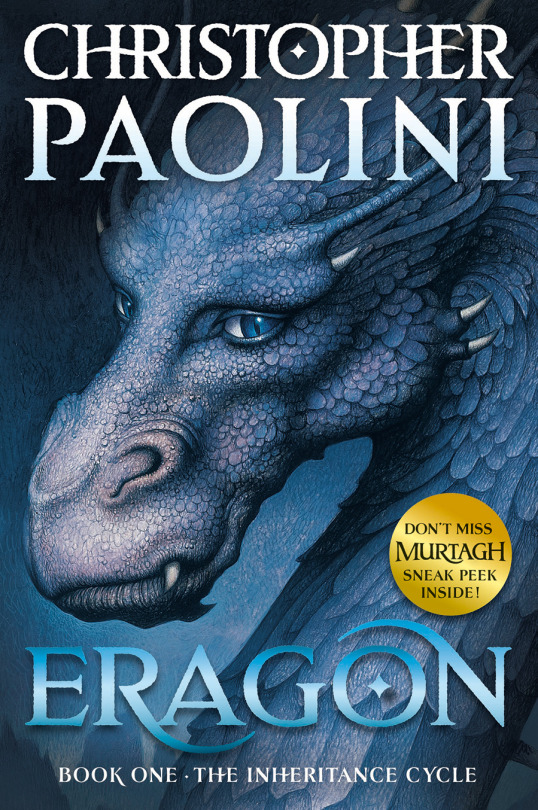
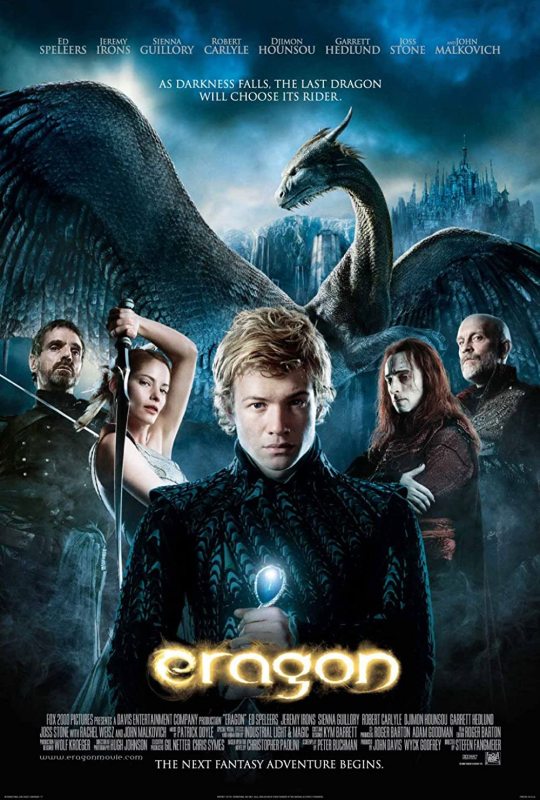
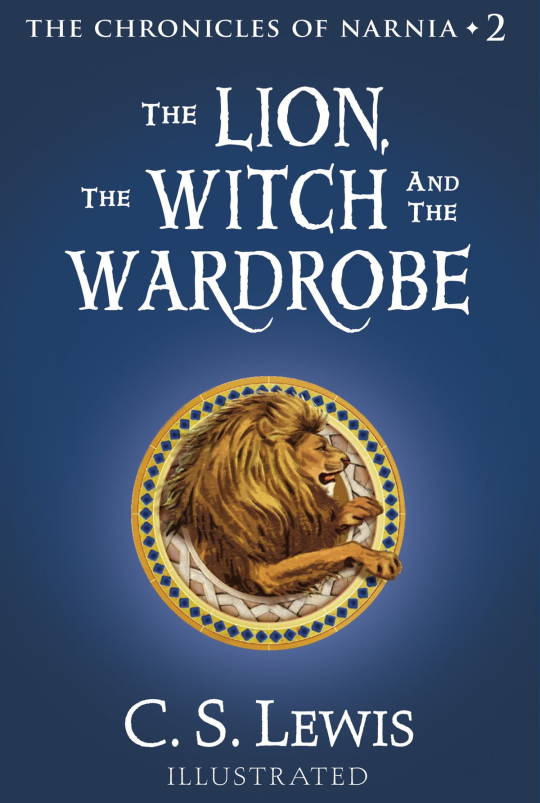


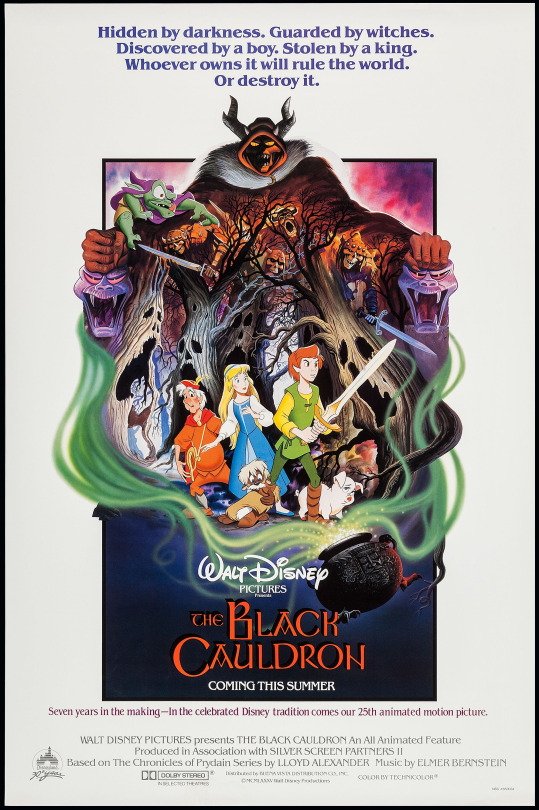
#disney#book adaptation#disney movies#20th century fox#artemis fowl#the darkest minds#a wrinkle in time#miss peregrine's home for peculiar children#the maze runner#i am number four#percy jackson#dragon ball#jumper#the dark is rising#eragon#the chronicles of narnia#the black cauldron
268 notes
·
View notes
Text
y'all the Lovely Runner withdrawal is BAD. I haven't seen love portrayed in such a generous, radiant, lovely way in a drama in a solid while (I wouldn't count LND in this, though it had MASSIVE potential to hit as hard as LR)....... that was just. so good
#songbird's romcom romp of '24#i do have twinkling watermelon and the chinese drama whose name i forget rn lined up#because i looked at the rest of my to watch list and it looked BLEAK.#as in i dont' think i can handle watching past lives or 20th century girl rn. i simply don't have#the emotional energy to deal with that.#anywayyyyy i miss themmmmmm
12 notes
·
View notes
Text
struck by a horrible need to make fake screenshots for a fake documentary from the 25th century ala History Channel where Eobard is being interviewed for the film. It no longer exists and neither do the people who edited and misquoted him to misrepresent the facts.
#Eobard Thawne vs the History Channel#I will not miss it#eobard thawne#reverse flash#the reverse flash#professor zoom#subject matter expert on The Flash and also the 20th and 21st centuries
31 notes
·
View notes
Text
Me yesterday: Hey write a fic about Edwin's mother, it'll be fun!
Me now: googling early 1900s astronomy and 1920s spiritualism and CS Lewis's Christian theological writings
Also me now: ...this started off as barely fanfic due to being about a character who is not even mentioned in this show and whom we know literally nothing about, and now is just in the realm of self-indulgent nonsense I think
#what the fuck am i DOING#i am not doing fandom right#but hey did you know that CS Lewis and Edwin would have been basically the same age#CS Lewis was 18 in 1916!#...this is not really about dead boy detectives#except that i set out to write dbda fanfic and am instead doing... whatever this is#anyway edwin missed out on so many foundational 20th century english children's books by dying in 1916#RIP Edwin you would have hated Narnia I think#but he didn't miss out on sherlock holmes or the scarlet pimpernel so that's good#also he could have read anne of green gables
16 notes
·
View notes
Text
i dont think marvel studios should be allowed to produce marvel movies anymore actually
#giev that bitch to sony and 20th century fox#IM BEGGING#i miss xmen movies sm#and venom is like the only good marvel media rn#marvel#movies
5 notes
·
View notes
Text
we were so so close to having our film class midterm be about but im a cheerleader... i will never forgive the annoying people in that class for this like can you imagine an entire midterm at our university about rupaul in a straight is great t-shirt
#for context everyone had to write a paper about any film from the 20th century and then we voted on which film would#inspire the midterm and fight club and biac were tied for so long it was so funny#honestly though i love that class and so many of the people in it so much. i'll miss it. tbh.
2 notes
·
View notes
Text
39 "Stay (I missed you)" - Lisa Loeb
Written by Lisa Loeb
Part of the UncoolTwo50 project, marking the best singles from 1977-99.

Piano lessons, musical theatre, guitar, stanning David Bowie. Just some of the components of a Texas youth; in this case, of Lisa Loeb. Resolutely independent, she had graduated from Brown college, gone through Berklee College, made her mark on the New York singer-songwriter scene. She was still on a teeny-tiny indie label when this song hit the big time in summer '94.
"Stay" is a sweet breakup song: Lisa and her paramour are considering whether to part, still hold tender feelings for each other, and Lisa is working through her feelings. The verses are unabashed displays of emotion, a stream of consciousness with so many "and…" sentences. The brief chorus pulls it back a little to be quite tender.
The whole song has an intimate vulnerability, and we feel like we've been through the wars with Lisa. A quiet stormer of a hit: it doesn't feel like it's a big deal, then it creeps up on us and we realise she's put us through the wringer.
youtube
Came to the attention of Lisa's neighbour Ethan Hawke, who insisted it be used in his new movie Reality Bites, where it underscores the closing credits; Hawke also directed the video, where Lisa's dewy and romantic and not really that angry.
The rest of the movie soundtrack is so-so (Juliana Hatfield's "Spin the bottle" the other track that's lasted), and Reality Bites itself is not a great movie - less The Breakfast Club and more RI:SE with Winona Ryder and Christian Stiller. The authentic jerk is preferable to the corporate sellout, a none-more-mid-90s conclusion.

Lisa is a bit shy, clearly well-read - "Nine Stories" an allusion to JD Salinger - and she comes across as sweetly innocent.
Since 1994, she's made a number of not-as-successful albums, was feted on the Lilith Fair tour as one of the crowd made good. There was a short-lived cookery show, branched out into children's albums, won a Grammy for Feel What U Feel. There's also a brand of Lisa Loeb spectacles, because of course there is. And she co-wrote a New York Times crossword; no word yet on the Lisa Loeb Connecting Wall.
Other #UncoolTwo50 matters: Juliana Hatfield made my longlist of about 550 with "My sister" but didn't make the top 100 cut. Lisa's boyfriend of the time was Juan Patino, who produced another longlister Jewel's "You were meant for me". Another singer-songwriter from Texas, Edie Brickell, made the shortlist with "What I am", fell short because I've already got too much from 1989. Fellow Dallas mid-90s alt-rockers Deep Blue Something… we've not seen them yet, have we?
#lisa loeb#nine stories#stay (i missed you)#reality bites#dallas#brown#berklee#spectacles#ethan hawke#1994#nice jewish girl from texas#one of the 50 greatest songs of the late 20th century#uncool two 50#uncooltwo50#pop music#20th century#1977-1999
1 note
·
View note
Text
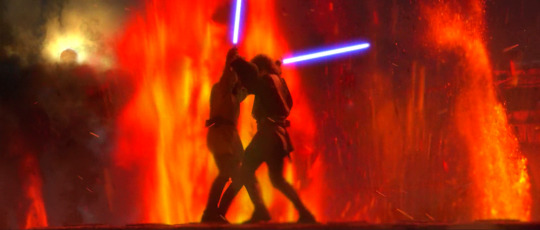
‘Revenge of the Sith may be the greatest work of art in our lifetimes...’
(an excerpt from a long-deleted blog post, archived here)
“Revenge of the Sith is still (and probably always will be) the greatest thing that will ever come out of the Star Wars franchise. I always go further, in fact, and say that it’s the greatest thing that will ever come out of big-budget, action/fantasy cinema at all. George Lucas’s final contribution to his Star Wars legacy—2005’s final prequel offering—was not only an artistic, cinematic and operatic masterpiece, but it was the ultimate, consummate manifestation of everything Star Wars was capable of being and, for that matter, everything that big-scale cinema is capable of being.
It literally does not—and probably can’t—get better than this ever again.
Lucas, who himself pretty much set the standard and invented the genre in 1977, had now taken us to the absolute zenith of what that genre of film-making could produce.
Epic, ambitious, stunning, moving, nuanced, and everything else, it was the glorious completion of Lucas’s original Star Wars saga that I had been waiting for—and something for which I will always be immensely grateful George Lucas came back to film-making to give us. I have already made the case at length for why Revenge of the Sith was an absolute masterpiece of staggering proportions, so I’ll refrain from re-stating here all the ... reasons I eternally bow at the altar of that film and its unfairly maligned architect.
People who didn’t get it or still don’t get it probably never will get it.
I’ve given up arguing with those on the tedious backlash bandwagon, those who join in with the Lucas-bashing for the sake of YouTube channel views, or those who, like [spoilt children] throwing a tantrum, bitterly disavow George Lucas and whine about how the prequels ‘ruined Star Wars’.
Someone who did get it, however, was the noted author and social critic Camille Paglia: she of course famously declared a few years ago that George Lucas was the greatest artist of his time and specifically that Revenge of the Sith was the greatest work of art in the last thirty years.
The respected, if often controversial, academic Paglia didn’t argue that Episode III was merely the best movie of the last thirty years… but the best work of art in any genre and in any medium.
[...] Predictably a lot of people either assumed Paglia was being sarcastic or they simply pooh-poohed her conclusions. Paglia, however, was not trying to be ironic, and she has reaffirmed and defended her position over and over again and with a passion—Lucas’s final Star Wars film, she maintained, is the greatest work of art in the last three decades.
[...] I cannot think of any film in any genre that has been as absorbing or as immaculate (or as ambitious). Even just conceptually, what Lucas tried to do with the prequel trilogy was staggering and is without any parallel. And while we could argue that the execution was off-the-mark in certain places, the sheer visceral power and broad artistic value of what he did manage to create—even with its various failings—puts Lucas’s saga (and ROTS in particular) into a different stratosphere entirely.
In her own view of it, Paglia especially focuses on the final act of the third prequel—the climactic finale centering on the extended Anakin/Kenobi lightsaber duel against the dramatic lava backdrop and the extraordinarily powerful way that the birth of the Skywalker twins is juxtaposed with the ‘death’ of Anakin and ‘birth’ of Vader. That latter sequence, by the way, in which the death of the mother coincides (and even feeds into) the birth of the ‘dark father’, all of it underscored by John Williams haunting, gothic choral/hymn composition, is just one example (among many) of Lucas’s extraordinarily acute and nuanced levels of vision.
‘The long finale of Revenge of the Sith has more inherent artistic value, emotional power, and global impact than anything by the artists you name,’ she said in this interview with Vice. ‘It’s because the art world has flat-lined and become an echo chamber of received opinion and toxic over-praise. It’s like the emperor’s new clothes—people are too intimidated to admit what they secretly think or what they might think with their blinders off.’
youtube
Speaking to FanGirlBlog, Paglia continued her celebration of Lucas’s final masterwork, saying, ‘I have been saying to interviewers and onstage, "The finale of Revenge of the Sith is the most ambitious, significant, and emotionally compelling work of art produced in the last 30 years in any genre—including literature".
Paglia’s assertions flowed from her 2012 book Glittering Images: A Journey Through Art from Egypt to Star Wars, which in part addressed the problem of modern cultural ignorance and the author’s worries that 21st century Americans are overexposed to visual stimulation by the “all-pervasive mass media” and must fight to keep their capacity for contemplation.
In the book, Paglia discusses twenty-nine examples of visual artwork, beginning with the ancient Egyptian funerary images of Queen Nefertari, and then progressing through various artistic works, including creations from Ancient Greece to Byzantine art and Donatello’s ‘Mary Magdalene’.
She explained, ‘Lucas was not part of my original plan for Glittering Images, which has 29 chapters crossing 3000 years. My goal was to write a very clear and concise handbook to the history of artistic styles from antiquity to the present. When I looked around for strong examples of contemporary art to end the book with, however, I got very frustrated. There is a lot of good art being made, but I found it overall pretty underwhelming. When I would happen on the finale of Revenge of the Sith, I just sat there stunned. It grew and grew on me, and I became obsessed with it. I was amazed at how much is in there—themes of love and hate, politics, industry, technology, and apocalyptic nature, combined with the dance theater of that duel on the lava river and then the parallel, agonizing death/births. It’s absolutely tremendous.’
Paglia also entirely recognised the sheer scale of Lucas’s creation and the value of even its various constituent parts as important or worthy works of art. ‘The fantastically complex model of the Mustafar landscape made for the production of Revenge of the Sith should be honored as an important work of contemporary installation art,’ she argued. ‘And also that Lucas’ spectacular air battles, like the one over Coruscant that opens Sith, are sophisticated works of kinetic art in the tradition of important artists like Marcel Duchamp and Alexander Calder. No one has ever written about George Lucas in this way—integrating him with the entire fine arts tradition.’
The problem is that Lucas and the prequel trilogy have become so widely misrepresented as ‘bad’ that most people don’t know how to deal with someone like Paglia sincerely proclaiming “Nothing in the last 30 years has been produced—in any of the arts—that is as significant or as emotionally compelling as Revenge of the Sith…”
[...] In fact, contrary to widespread misconceptions about how the Star Wars films are viewed, a Rotten Tomatoes poll ... found that Revenge of the Sith (and not Empire Strikes Back) scored as the best-regarded of the [Lucas] movies according to aggregation of archived reviews. So the idea that everyone dismisses the prequels seems like a misconception; but it is fair to say that a substantial body of people —including a lot of people who, rather incongruously, regard themselves as Star Wars fans—do completely dismiss this film along with its two predecessors.
As I said at the start, people who didn’t get it or still don’t get it probably never will get it.
But what has always struck me as pitiful about the whiny ‘Lucas Ruined Star Wars’ attitude is that it seems to flow from the premise that Lucas—a man whose stubborn commitment to his own singular vision gave an entire generation from the late 70s and early 80s unparalleled joy—somehow ‘owes it’ to those same people to do things precisely how *they* deem acceptable. That’s essentially what it comes down to—that he, as the artist, should make the art that the fans or the public want and not follow his own creative vision.
What people don’t realise, however, is that if he had done that from the beginning, there never would’ve BEEN an original Star Wars trilogy at all—and arguably all of these huge blockbuster SF/fantasy films that people spend their money seeing today wouldn’t exist either. What a lot of people also don’t realise is that Lucas was never setting himself up to be a populist or even mainstream filmmaker. On the contrary, he was the avant-garde film geek, the rogue, the outsider. The fact that Star Wars spiraled into a billion-dollar behemoth was an accident; and when the first Star Wars movie was released in 1977, it was an oddity that no one in the film industry understood or believed in.
But Lucas had stuck to his own creative vision—a vision that was largely incomprehensible to everyone else at the time the film was being made—and his singular vision hit the mark big-time and accomplished something unprecedented.
By the time of the endlessly-maligned The Phantom Menace in 1999 and everything that followed, Lucas was still doing exactly the same thing—following his own vision, trying to create something extraordinary and largely ignoring contemporary trends or opinion. The only difference was that the vast fan-base he had acquired from the original films were older now, far more jaded and over-saturated with blockbuster movies (most of which were influenced by Lucas’s pioneering work in the 70s) and they essentially didn’t *want* something new, creative or challenging—they just wanted the same thing they’d had when they were kids.
In effect, they weren’t interested in Lucas the artist or Lucas the pioneer—they only wanted Lucas the Popcorn Movie dispenser. But Lucas the Popcorn Movie Dispenser had never existed—he was simply an illusion created by the extraordinary commercial success of the Star Wars Trilogy.
What Lucas had in fact envisioned—and created—with the prequel trilogy, especially Revenge of the Sith, was something that transcended the whole summer blockbuster ennui, transcended genre, transcended the very medium of film itself, and could be discussed in the same breath as Shakespeare, Virgil and the Aeneid, Julius Caesar, and a number of equally fascinating and endlessly debatable works of serious and complex gravity.
But there was an audience of millions who were instead looking for something that could be discussed alongside Jurassic Park or Terminator 2. Which is fine—Star Wars of course can also be discussed just as validly in that latter context too; but it also exists in a stratosphere beyond it. And because Lucas’s process and vision was in that higher stratosphere a lot of the time, there was a frequent disconnect that occurred, whereby a lot of people were unable to meet him halfway or relate to the films on those kinds of levels.
But Lucas pushed on with his long-envisioned trilogy; and by the time the final installment of his Star Wars saga arrived in 2005, a sizeable proportion of the old fan-base had either departed or were by now just coming to the party for the thrill of seeing Darth Vader one last time. Some dismissed the film the same way as they’d dismissed its two predecessors, some were full of scathing mockery, while others were ambivalent. Some were suitably entertained, but didn’t take it much further than that.
Another group, a smaller minority—myself included—had just seen something of epic, overwhelming proportions and had the greatest cinematic experience of their lives.
But great art is like that.
Great works of art divides people, provoking endless debate [...] An argument could be made that the greatest artist will go all-out to create something special and substantive, even if it won’t appeal to everyone. Said artist would follow his own creative vision and not compromise it to the committee of consensus or demand.
Lucas, it should be borne in mind, never made ANY of the Star Wars films with film-critics in mind—even the Original Trilogy movies were not critically approved, despite becoming cultural landmarks. And interestingly, the hang-ups of many of those who were scathing about the prequel movies—ROTS included—were virtually identical to the hang-ups of the critics in the early 80s who either just didn’t get those original Star Wars films or were unwilling to praise a rogue filmmaker who was rebelling against Hollywood at the time and who was making something entirely out-of-step with contemporary trends and sensibilities.
Fittingly enough, the Lucas who was out-of-step with the sensibilities of the time during the late 70s and early 80s is the same Lucas who was equally out-of-step with sensibilities and trends at the time of the prequels too. In both eras, Lucas rebelled against the sensibilities of contemporary cinema and carved out his own piece of utter magic according to his own stubborn vision—the difference is that so many of the same people who adored what he had done in the first instance couldn’t understand what he was doing in the second instance.
Even though what he was doing was essentially the same thing.
For that matter, I always suspected that one of the main reasons so many people failed to appreciate (or in a lot of cases, to even understand) this film is precisely because it isn’t contemporary. That’s a key thing to understand about the Star Wars prequels—they were not made in a contemporary style.
Lucas doesn’t make contemporary cinema. Both of Lucas’s Star Wars trilogies are written and designed specifically to NOT be contemporary, but to have a more timeless quality, steeped in traditions from the past.
Lucas, you have to remember, has never been a contemporary or generic filmmaker, but a more avant-garde artist and experimenter who foremost specialises in tone and impressionism. The fact that he invented modern blockbuster cinema is purely an accident. As he himself once said, “None of the films I’ve done was designed for a mass audience, except for ‘Indiana Jones.’ Nobody in their right mind thought ‘American Graffiti’ or ‘Star Wars’ would work”.
[...] They were not contemporary or generic at all—consequently, a lot of people didn’t understand or relate to what they were watching: because they couldn’t find a point of comparison in popular culture.
To really understand these films, you have to go back to some of the historical epics of the fifties and sixties, particularly films like Ben-Hur, Cleopatra or Spartacus. If you watch any of those films (and all three are timeless, truly marvelous cinematic works) and then watch the three Star Wars prequels, it will suddenly make much more sense. The acting style, the dialogue style, the themes, the epic scope and settings, the vast mythologizing, the way the films are scored, even the intricate costume design—all of it.
There’s nothing surprising about that. After all, it’s easy to overlook the fact now from our current vantage-point, but the original Star Wars trilogy movies weren’t contemporary in style either—they were stylistically based on things like Kurosawa, Flash Gordon and the Saturday matinee serials of the 1930s and 40s. The original trilogy films made no stylistic sense in terms of contemporary cinema or sensibilities in the late 70s or early 80s—they were, in style, a homage to a long-gone era.
So too were the prequels—just a different homage to a different era.
[...]
When you look at everything that makes up Revenge of the Sith, the scope of vision along with the degree of artistic nuance and juxtaposition is breathtaking.
There’s lots of action, yes, as you’d expect; but the action, like so much of what Lucas was doing by this stage, is almost transcendent. Sure, the acting or delivery is off in a few places; mostly due to some of the actors having to perform in non-existent CG environments—remember Lucasfilm and ILM were breaking new ground technologically in these movies, which we take for granted now with all our CG and digital filmmaking, but which at the time were bound to cause some teething problems. But Ewan McGregor is superb in this film, while the maligned Hayden Christensen....in fact does a solid job in any number of key scenes.
And there’s everything else. The special effects aren’t just good, they’re actually often beautiful in a way that most special effects don’t aspire to be. The level of detail and artistry in the visuals mean you could turn the sound off and still be captivated. Some of the backdrops could make extraordinary paintings that could hang convincingly in art galleries. And Lucas is the absolute master of the establishing shot and the scene transition, turning it into an art every bit as nuanced as in a piece of music.
For that matter, the music is extraordinary—and actually if you look at how underwhelming or non-existent the music is in the post-Lucas ‘The Force Awakens’, it becomes clear that Lucas and Williams had a collaborative process that really influenced how these films were scored (and which is now no longer the case). Lucas himself said that the music was 50 percent of what mattered in these films and that is certainly evident.
Much of it, particularly the climatic Kenobi/Skywalker duel and that final act with the birth of the twins, death of Padme and creation of Vader, almost isn’t cinema at all—but opera. This could’ve been something Wagner was composing if he had ever existed in the cinema age.
In fact, the final few scenes of the film don’t even have any dialogue, but are purely musical and visual. Even some of the most stirring parts earlier on in the film are without dialogue; take, for example, the breathtakingly beautiful sequence of Anakin and Padme trying to silently sense for each other across the exquisite, sunset cityscape—it’s all visual, tone and subtle music, pure emotion with no dialogue. A scene like that could almost be part of a silent movie; and it’s also like an impressionist painting in motion.
Even that Kenobi/Skywalker duel itself is more than just an action sequence. With Williams’ epic, stirring, choral score, it too is opera. But it’s opera married to performance art: the level of intricacy, fluency and speed of Ewan McGregor and Hayden Christensen’s dueling is insane, having required an immense amount of prep and practise. The choreography takes it onto the level of dance; of true performance art as opposed to disposable cartoon violence or cheap blockbuster action.
Everything here—to the last detail—is choreographed like a ballet and it is spellbinding.
Yet while other filmmakers would try to sell an entire movie on such an exquisite centerpiece, for Lucas all of this—all of this poetry, opera, dance, music, visual art and everything else—is ultimately mere constituent part to a greater whole: a Shakespearan epic of a tortured fall from grace and a Greek tragedy... wrapped within an even larger epic about the fall of a Republic, the fallibility of religion and the genius of the Devil and failure of the angels.
[...] What Lucas created in fact was the ultimate expression/culmination of the art of the epic itself—fittingly enough, in order to conclude the defining epic of our modern times (what Brian Blessed once described as the Shakespeare of our age). The Shakespeare comparisons aren’t trivial. The evident Star Wars/Shakespeare resonance has even prompted things like Ian Doescher’s book William Shakespeare’s Tragedy of the Sith’s Revenge: Star Wars Part the Third—a retelling of Revenge of the Sith as if it had been written by William Shakespeare for real.
[...] Various observers, including academics, have noted the obvious fact that Lucas’s story is also a retelling of the fall of the Roman Republic and birth of the Roman Empire. Lucas himself admitted this, pointing to how Revenge of the Sith in particular is partly a story about democracies become dictatorships and citing the historical stories of Caesar and Augustus. You can quite easily watch the prequel trilogy alongside I, Claudius or something like HBO’s brilliant Rome series.
But none of those references or allusions are the important part. Even the fact that the prequel trilogy—and again, ROTS in particular—is quite clearly in part a story about false-flag wars, banking conspiracies, the corporate and military-industrial complex, the Bush administration and the Iraq War, etc—isn’t particularly relevant to the issue of why it’s such an epic work of significance.
Lucas is the author and architect of our preeminent modern mythology—as interviewer Bill Moyers asserted during his fascinating and revealing 1999 interview with Lucas (for the release of The Phantom Menace). Partly inspired by his friend Joseph Campbell’s thoughts on mythology, but moreover informed by his own careful distillation of elements from various cultures and civilisations (what he has referred to as our collective human ‘archaeological psychology’), Lucas is every bit as influential as Virgil, Homer or Shakespeare were in their respective times, and has crafted out the ultimate mythological saga.
Revenge of the Sith is the final, completing piece of that saga—the piece that gives the saga its full scope and true soul, and the piece that makes every one of the other films count for so much more.
And it does it so well—with such vivid and breathtaking quality—that, even having written an article as long as this one now is (and another before this), I still don’t feel like I’m adequately able to explain its full brilliance.
Neither could Lucas himself, I suspect. I’m not sure Lucas even realised how masterful it was; but, as Paglia and others note, the guy is so mild-mannered and self-deprecating that it simply wasn’t in his nature to boast about his own work. Instead he just took in all the abuse and mockery with mild bemusement, shrugged his shoulders and walked off into the twin sunset, knowing that with Revenge of the Sith he had finished what he’d come back to do.
In fact, what Lucas did was so extraordinary, so complex and so nuanced that it may take another decade or two for people to even appreciate it properly—assuming they ever do. As film experts like Mike Klimo have noted, some of what Lucas did in ROTS and the prequels may have been so sophisticated that he deliberately didn’t talk about it, but just left it there, not knowing that anyone would ever even notice.
This, as I said earlier, goes beyond cinema, and possibly even beyond Star Wars itself. Lucas genuinely outdid himself, and it is unlikely anyone will reach that height again—firstly because no one is going to be in the position Lucas was in again in terms of total ownership of a property, and secondly because no one is going to have that kind of ambition again, especially having seen how much of a backlash Lucas received from the legions of popcorn munchers, YouTube profiteers and ungrateful fans who were really looking for something much more in keeping with a generic, formulaic, standardized blockbuster formula.”
#the prequels#revenge of the sith#rots#george lucas#prequels appreciation#lucas' star wars as created-myth#Paglia is an expert on the Fall of Civilizations#which explains her fascination with RotS in particular#as for the blogger who wrote the post...i don't necessarily agree with every single thing he says#particularly his view on some of RotS' themes#(he seems to miss the fact that the Prequels are not about love as a negative element but are rather about the Fear of Loss )#(Anakin's tragic flaw is not Love but rather his FEAR losing his loved ones to Death)#but there's enough here i found worthy of sharing (and you can read the rest on the wayback machine link)#ultimately i feel that the inability of contemporary audiences to appreciate Lucas' work#is very much akin to the bafflement with which Tolkien's work was met in the mid-20th century#Tolkien was writing in deliberately archaic medieval tradition during the very height of the Modern era#and similarly ...#Lucas was making homages to old-fashioned cinema/Greek tragedy/and mythic Romanticism during the peak of cynical Post-Modernism#audiences seem to have truly have LOST the ability to comprehend older forms of storytelling#and that is the real tragedy
29 notes
·
View notes
Quote
"I know that we spend our whole lives holding on to what we have. We fear loss as much as death itself. But without loss, there is no change. And without change, there is no life."
My favorite philosophical detective, the inimitable Llewellyn Watts (Daniel Maslany), as his own life is threatened in The Talking Dead [S11E09].
#Detective Watts#Detective Llewellyn Watts#Llewellyn Watts#Daniel Maslany#Murdoch Mysteries#Murdoch Mysteries CBC#Murdoch Mysteries Season 11#Murdoch Mysteries 11x09#MM 11x09#Quote#TV Quote#Television Quote#Canadian TV Series#Canadian TV Show#Canadian TV#Canadian Television#Mum and I are watching Season 15 (finally) and she is discovering Season 11 (which I saw but she missed when she and Dad were in Laos)#(and I was in the midst of another re-watch; season 8 or 9 I reckon before that!!)#20th Century Toronto#Turn of the Century Toronto#Canada#Canada Chronicles
16 notes
·
View notes
Text
i work with. the most insufferable man.
#so to start: he's so fucking annoying#and i dont mesnt cringe or weird#i mean this man is incapabke of shutting up about himself#he doesnt have conversations#he just talks at you for upwards of like 20 minutes#WHILE you have fucking work to do#one time i was reading a book with headphones on#massive ones that you cannot miss to be ckear#and he fucking physically taps me to get my attention so he can ask me what im reading#then asks me if ive ever *heard* of kurt vonnegut#like. one of the most famous authors of the 20th century? YEAH#but he just goes on and on for literally 20 minutes abiut his own reading while im just sitting there going uh huh uh huh#hes also casually racist! like i dont think he'd ever say the n word but#likes to say that he used to work in 'inner city schools'#used a blaccent to mock a mother who was upset at him for physically ripping earbuds out of a students ears#referred to his black students as being from the ghetto#was convinced that two of the other teachers are sisters even though they look nothing alike#because they are both black#also seems to be fetishizing peruvian women#like came here specifically to marry a peruvian woman#and i have only known him for a month but i still know all this about him (and more! hes divorced apparently!)#because he is terminally incapable of shutti g the fuck up#but he knows i dont like him 🥰 so he has stopped trying to talk to me at least#i hesr about these things from all the other teachers who are less comfortable being rude to get him to go away#lol
19 notes
·
View notes
Text
'things to read/watch if u like aloto' and 90% of it is just contemporary sport romances about teenagers like.............
#ive seen multiple posts through the months like this#and i feel like it so fundamentally misses what makes aloto so special 2 me#like first. not teenagers.#second. exploration of COMMUNITY in this time.#its not *just*#like a romcom where its 2 ppl falling for eachother#third. butches.#and i like 20th century (queer) period pieces sue me!
2 notes
·
View notes
Text
🏎️ @kiissme ——— liked the henry talbot starter call.


🏎️ ——— 𝐇𝐄 𝐒𝐏𝐎𝐓𝐓𝐄𝐃 𝐀 familiar and beautiful face amongst the crowd. He rudely ignored several others as Henry weaved a path in her direction. ❛ Miss Darling. I had not expected to see you here again. ❜
#kiissme#🏎️ 𝐑𝐎𝐋𝐄𝐏𝐋𝐀𝐘 ——— henry talbot.#👑 𝐕𝐄𝐑𝐒𝐄 ——— downton abbey.#👑 𝐓𝐈𝐌𝐄𝐋𝐈𝐍𝐄 ——— 20th century.#( will this continue to be one paragraph? knowing us nah lmao#also ... i miss u )
2 notes
·
View notes
Text
reading virginia woolf for the first time and really not enjoying it at all tbh.....
#um.txt#this sort of early 20th century modernist lit is usually hit or miss for me anyway and this is definitely a miss.....#if it wasnt for class id have given up by now 😫 its so short i could've done it in one sitting but i cant concentrate for more than 10 pgs#maybe her more popular books are better idk...im reading between the acts which is her lsst book
2 notes
·
View notes
Text
hello tumblr world. i am in shambles. my life doesn’t have a point anymore. i cannot live like this. i cannot live with this tormenting question. why. WHY DID WOONHO HAD TO DIE 😭😭😭😭😭😭😭😭
#20th century girl#kdrama#WHY#I MISS HIM SM#THEY DESERVED SO MUCH BETTER#this is so unfair#istg#i am so sad#lit why do i live
5 notes
·
View notes
Text
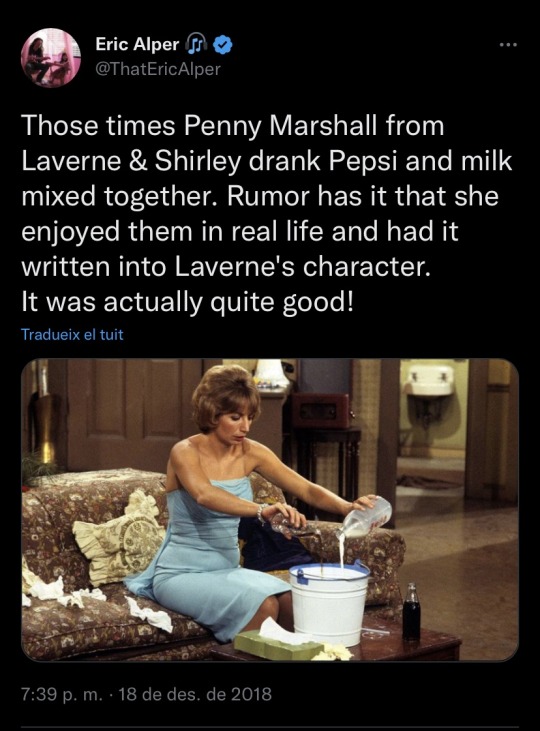
The originator.
#Penny Marshall#Twitter#I love Lindsay Lohan but Penny Marshall loved it all her life#Laverne & Shirley#Pepsi#milk#love her so much Laverne de Fazio was tough on the outside but soft on the inside#and of course Penny Marshall was one of the most successful women film directors of the 20th century and very much dearly missed today 😢
4 notes
·
View notes
Photo
Amy Adams | Miss Pettigrew Lives for a Day




#miss pettigrew lives for a day#amy adams#mid 20th century#she ₍₍ ( ๑॔˃̶◡˂̶๑॓)◞♡⁰#weirdly i do like her transatlantic accent in this movie and her voice was so breathy and luscious#very much reminds me of marilyn monroe#ribbons in her hair 🎀✨
659 notes
·
View notes